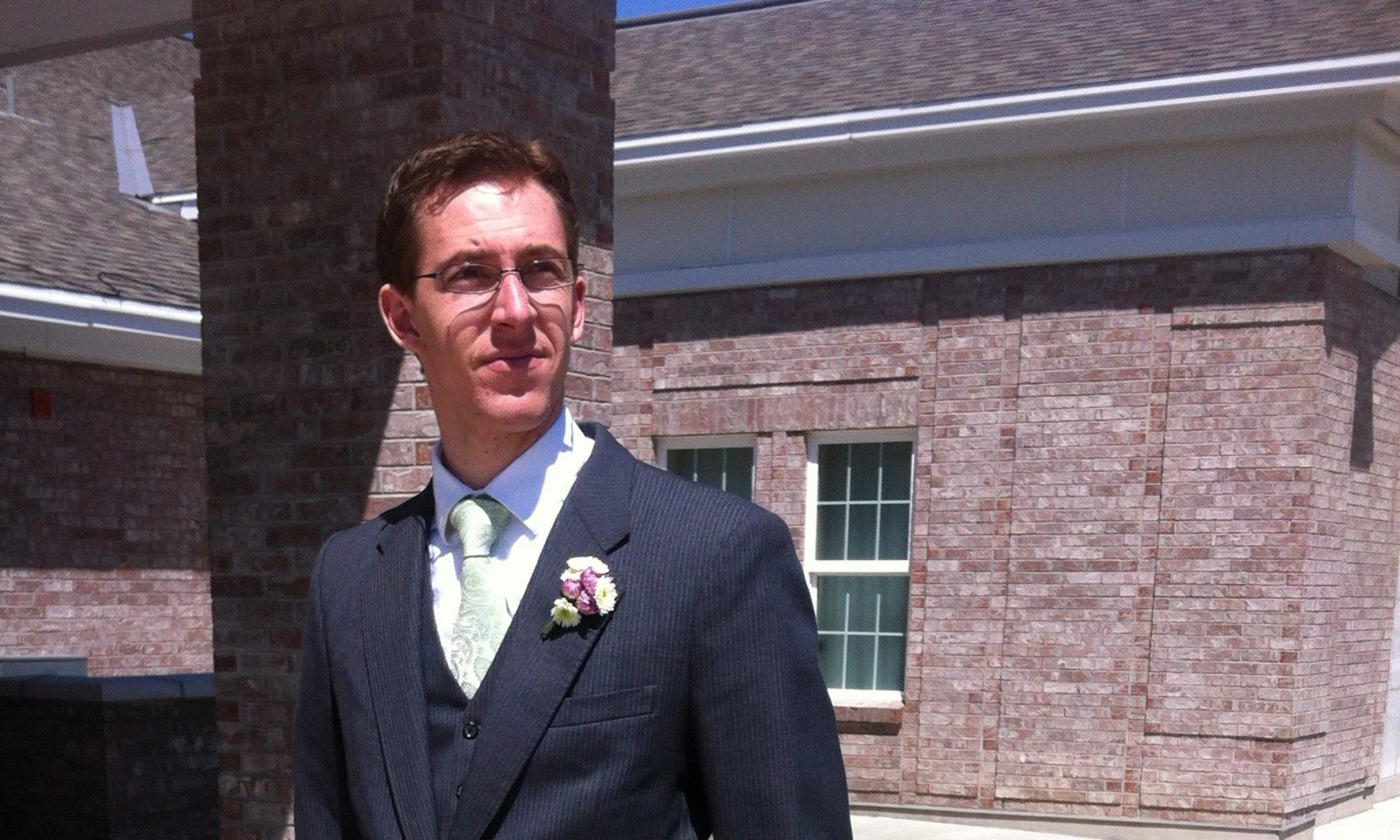Lots of scriptures reference faith, hope, and charity. Many talks from smart people also reference these three things. Charity is obvious, and Paul indicates in his epistle the the Corinthians, that charity is the greatest of these.
However, I’ve rarely heard a good explanation of the difference between faith and charity. Often they come hand in hand or are referenced together. Nearly as often faith is referenced alone with no connection to hope.
This inability to separate these two things–which was seriously bugging me around the end of 2012–caused me to make hope a subject of study for the first month of 2013.
I’ve consistently been taught about hope since that time. For many months it was hope for certain things, for the last year or so, it’s been focused on maintaining any type of hope.
As depression took over and darkness descended over me, I began to recognize the distinct separation between faith and hope. I had faith, I knew God could remove the horrible, smothering around me. He is omnipotent, He could do it. He is omniscient, He knew what I was going through.
But I had no belief that He would. That lack of belief was the stark absence of hope. I knew release was possible, but I didn’t think it would come. I really knew it wouldn’t come. There was going to be no release from what I was in.
At some point, that belief in the possibility of release grew. It was a slight point of light in the darkness of my future. Hope began to exist in my mind. I had a slight hope for some type of release, for salvation from the dark, musicless hell I was in.
Hope didn’t grow quickly. Hope didn’t come except as I desired it.
My faith never waivered. It wasn’t affected in the depth of what I experienced.
Hope was nonexistent. Then I had a grain. Seeing that difference helped me realize how faith and hope are difference.
My depression isolated hope from everything else. It helped me see how hope is expressly unique.
